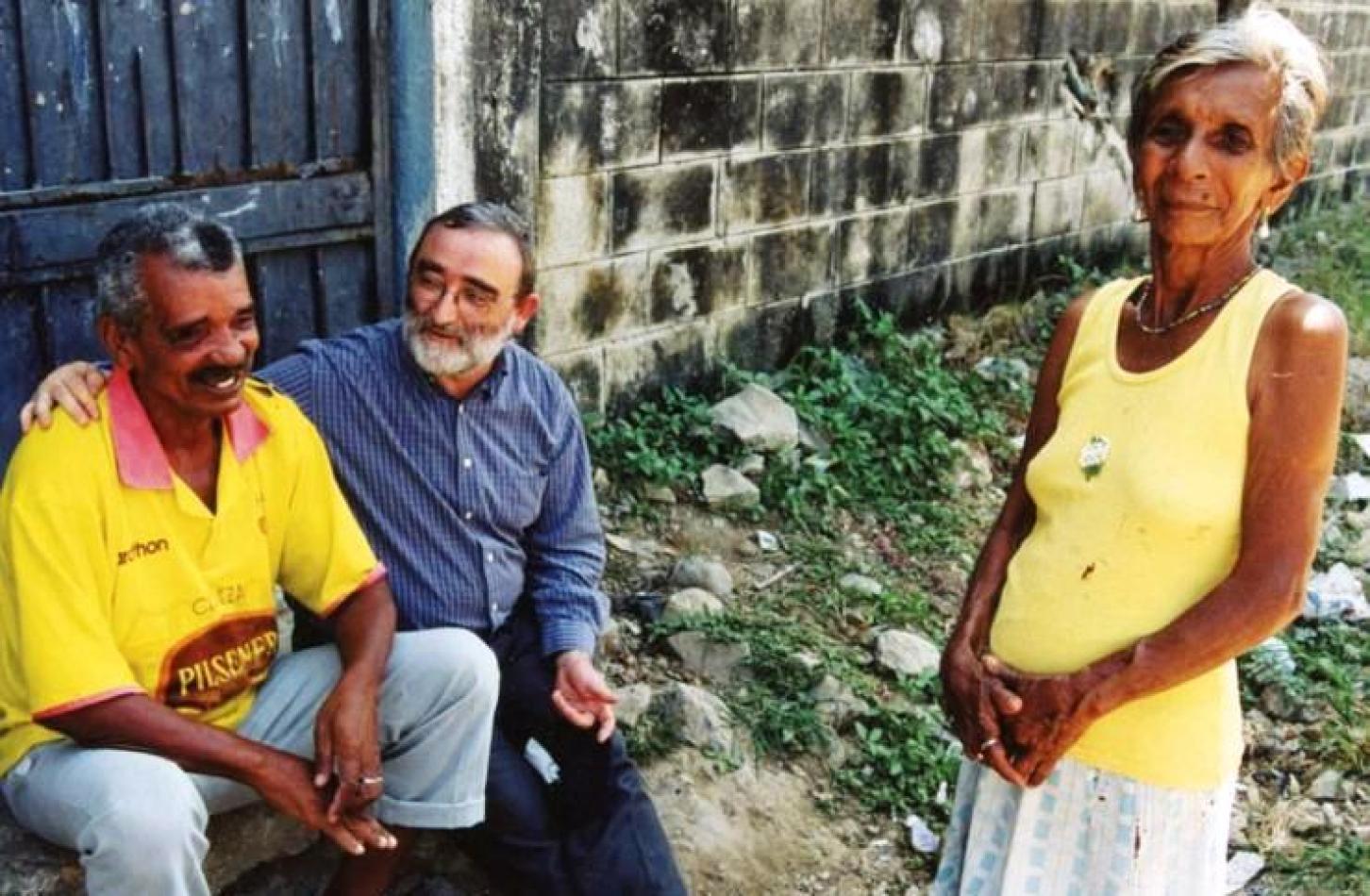Daniel Comboni
Missionnaires Comboniens
Zone institutionnelle
D’autres liens
Newsletter
Friday, February 16, 2024
“I arrived in Ecuador in 1983 and I’m still here, more than 40 years later. I came with a dream I still have but I feel that my strength is decreasing and when I look around, I see situations that make me feel bad. I believe that this pain is part of the mission and of our being missionaries which pushes us to make common cause with the poorest and most abandoned.” Fr. José Barranco, shares with us his moments of despair but also joy.
I have dedicated much of my missionary life to travelling the world making documentaries to explain what missionaries do, but I currently work in the parish of Borbón together with two other missionaries. We are in the Esmeraldas region, bordered by the Pacific Ocean, where the majority of the population is of African origin, although there are also indigenous people and people from other provinces of the country, especially from Manabí. From our parish base, we serve 70 Christian communities scattered along the banks of the three rivers: Cayapas, Santiago and Onzole.
Here we have a very serious problem with mining. The search for gold is destroying the land and polluting the rivers, especially the Santiago. The water is not clean, and the few surviving fish cannot be eaten. It is very painful to see that people do not understand the consequences of this mining. However, because the companies that exploit it employ many people, people let them come into their lands and destroy everything. Mining companies drill huge wells everywhere, making the land unfit for cultivation.
Another reality that causes me some pain is the numerous murders in the area. I have been to more funerals of people killed in this last year than in the rest of my priestly life. They are all young, and behind these violent deaths there are fights over drugs and territory between gang groups. It is sad to see a mother next to the coffins of her two children or a young wife with small children next to her husband’s corpse. And these are not isolated cases. Everyone suffers, both the families of those killed and the families of the guilty because no mother or father likes to have a son who is a murderer. In my homilies, I talk about God’s mercy and denounce these situations of violence as much as possible, but with no visible results.
I also hate to see the destruction of the rainforest which is slowly disappearing around us. Deforestation brings with it a decrease in rainfall, although when it arrives it causes floods in many places. To make matters worse, the red ring plague started a few years ago and other bacteria attack coconut palms causing them to dry out.
In some areas they were all lost, leaving the families who lived from the harvest without a livelihood. Some have left for Guayaquil or other areas of the country in search of work and a better life, but it is not easy and I know of people who have succumbed to the temptation to steal to eat. Even if I am pessimistic, this pain that invades me is also mixed with many joys. Among these is the joy I feel in visiting the Epera, an indigenous group that I accompany pastorally after the excellent pastoral work carried out with them by some nuns who had to leave.
Some friends tell me to return home but I feel that I must stay and do what I can, relying on my faith in God, who gives me the strength I need to carry on.




